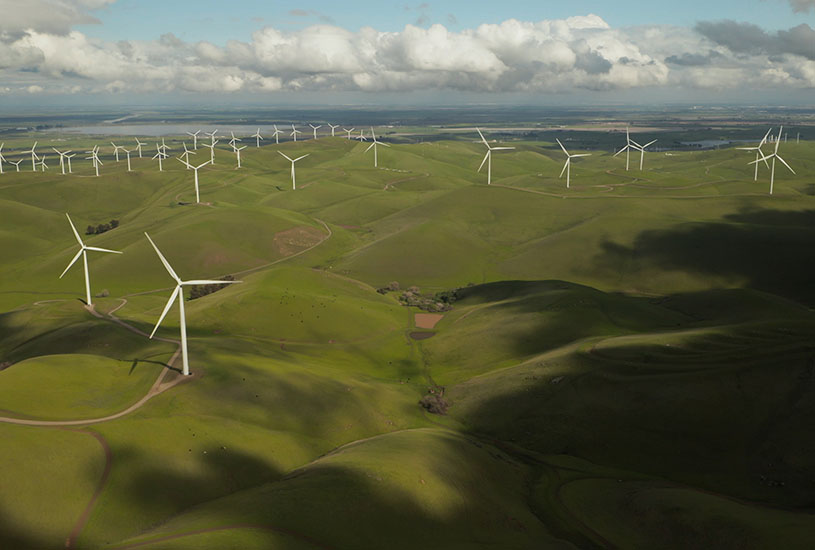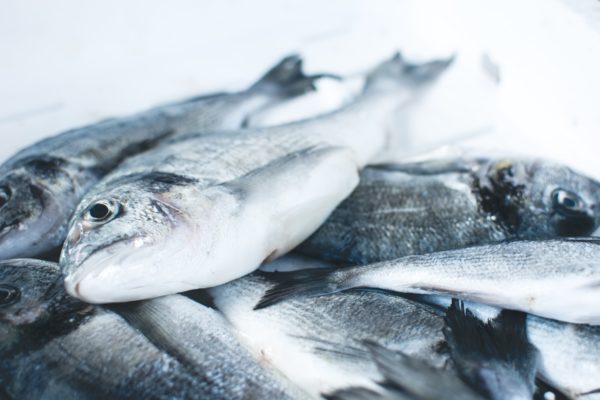A Deakin University researcher’s advocacy for sustainable agriculture and climate change action has led to an award for environmental leadership.
As the 2015 Young Farmer of the Year and 2017 NSW Finalist for Young Australian of the Year, Anika Molesworth is passionate about sustainable farming, natural resource management and climate change action.
A PhD student with Deakin University’s Centre for Regional and Rural Futures (CeRRF), Ms Molesworth is a founding member of Farmers for Climate Action and creator of Climate Wise Agriculture, a knowledge sharing platform connecting science research to farmers.
Ms Molesworth also founded and manages INTO Sustainable Farms, a program of the International National Trust Organisation which operates in 70 countries, promoting the conservation and preservation of natural resources, heritage breeds and heirloom species as well as the use of traditional farming practices.
Now her work has led to being awarded the NSW/ACT Young Achiever Award – Environment and Sustainability, an honour Ms Molesworth believes shines the spotlight on farming, the environment and climate change.
“I’m fortunate to work with farmers and agricultural researchers around the world who spend their days working on issues of food security, environmental conservation and climate change adaptation,” she said.
“All these people are making a meaningful contribution to a vibrant and resilient future and this award gives recognition to everyone working on these issues of our time.”
Ms Molesworth’s PhD project with CeRRF involves crop trials in Griffith, NSW, and the Mekong River Basin in Cambodia, exploring ways to optimise soil fertility and water retention using organic fertilisers like animal manures and crop remnants.
In Griffith, she is growing cotton using poultry manure, which she described as “a regional resource,” while in Cambodia trial maize crops are fed by rice straws, cattle manure and biochar – a high carbon by-product of burning crop remnants in a high temperature, low oxygen environment.
The first crops are nearly ready and Ms Molesworth will shortly return to the Cambodia trial site to begin harvesting.
[testimonial_text]It’s fascinating to be conducting this research in two agricultural systems that are at opposite ends of the spectrum in terms of social capacity and the technology available to farmers. The transfer of knowledge between the two systems is invaluable[/testimonial_text]
[testimonial_picture name=”Anika Molesworth” details=””]
 [/testimonial_picture]
[/testimonial_picture]“In Cambodia they don’t have as much access to synthetic chemicals and fertilisers, so they rely much more on natural products like crop residues and livestock manure – valuable resources which are being reincorporated into the soil to improve soil moisture retention so crops can be grown in the dry season.
“In Australia, it’s more about using the natural resources we have more efficiently by recycling and reusing.”
CeRRF has six researchers based at Griffith, working closely with local, national and international agricultural agencies and farmers. Ms Molesworth said institutions like CeRRF were vital to rural communities.
“It’s absolutely essential to engage with local farmers and work with them on applied science. We want our research to have real world benefits and having researchers in rural locations means we can work on topical local issues and collaborate closely with local stakeholders,” she said.
“We need to continually seek new information and a better understanding of how our world works and our interactions with it.
“The agricultural and environmental research conducted at CeRRF allows us to do just that. New knowledge and technology generated from research improves our management of natural resources and the productivity of farms, and is a catalyst for broader economic growth.”
This article was published by Deakin Research on 24 April 2017.



